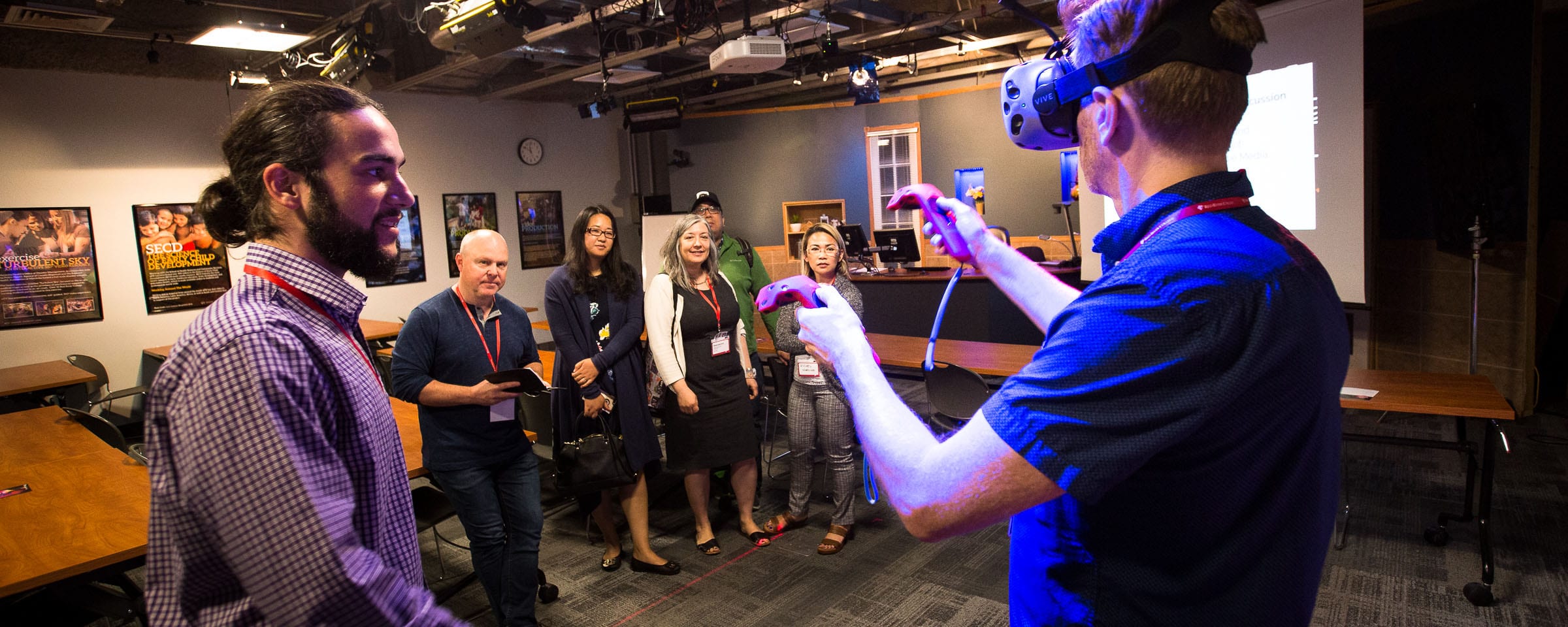


This guide aims to offer some suggestions for quick and reasonable alternatives to offering face-to-face classes and assessments online.
In transiting your assessments to online consider:
1. Defer or re-schedule deadlines
2. Assess only what has been taught before the time of the campus-based restrictions
3. Consider how much assessment is still outstanding and decide whether you can waive further assessment
4. Change the mode of submission
5. Offer alternative assessment formats:
What are suggested here are some reasonable adjustments to be used in times of crisis, which will not exactly replicate the original assessments, but may offer your students some manageable alternative.
| If you currently use…. | You could instead consider using …. | To assure standards you might need to consider… |
| Time-constrained unseen exams in invigilated exam rooms or in-class tests |
|
The design of questions may need to be reframed to move away from recall-based tasks to questions that require students to demonstrate how they use information rather than reiterate what they have learned. It will be important, therefore, to provide guidance for students in the change in orientation of the task. It is also good practice to re-run any changes to question formats through the usual moderation processes. |
| In–class presentations where students speak to an audience of their peers/others and are assessed not only on the content but also their presentation techniques. | Ask students (individually or in groups) to submit a narrated presentation in electronic form.
|
You will need to take account of the fact that, given the recorded presentation format, students can have multiple opportunities to prepare the item they are submitting, rather than having to cope with the one-off nature of a live presentation. |
| Oral assessment (e.g in language learning). | Use WebEx for live video assessment or have students submit a recorded video | Students may need significant support in developing confidence to work virtually where they have no prior experience. |
| Group collaboration, discussions, and activities | Encourage your students to:
|
Staff as well as students may need be supported to learn how to use this approach if it isn’t currently part of their normal learning experiences. |
| Labwork | It may be possible to replicate some aspects of lab work through simulations in which students are presented with data sets and required to interpret them. Often this means focusing on interpretation of data rather than working in the lab to achieve the results personally
Simulations can also be used remotely so students can ‘see’ data produced elsewhere and be asked to comment/interpret. Virtual labs are an alternative for some disciplines. |
If students can be provided with differentdata sets for personal interpretation, this can mitigate the risk of ‘over-sharing’ or personation. |
| Face-to-face feedback | Individual and generic group feedback can be delivered by
|
Adapted from C Brown, S. & Sambell, K. (2020). Contingency planning: exploring rapid alternatives to faceto-face assessment. Microsoft Word Document, Staff and Educational Development Association, (SEDA), UK.
RRC Polytech campuses are located on the lands of Anishinaabe, Ininiwak, Anishininew, Dakota, and Dené, and the National Homeland of the Red River Métis.
We recognize and honour Treaty 3 Territory Shoal Lake 40 First Nation, the source of Winnipeg’s clean drinking water. In addition, we acknowledge Treaty Territories which provide us with access to electricity we use in both our personal and professional lives.